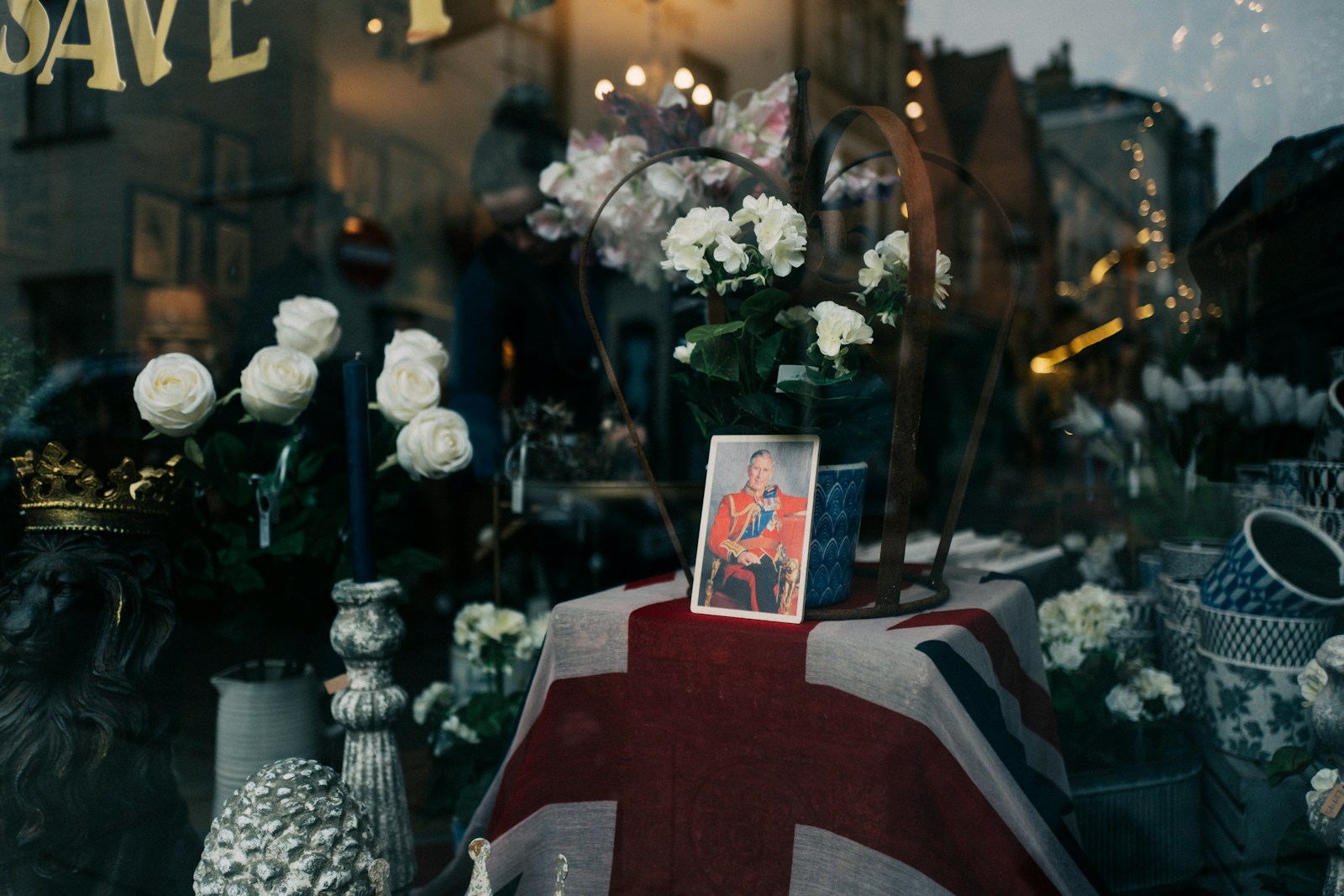Monarchies endure while repeated scandals trigger embarrassment for top politicians.

Marius Borg Høiby, from the Norwegian royal family, admitted assaulting his girlfriend during a cocaine binge. | Ian Gavan/Getty Images for Tempus Magazine
All families have problems — and royals are no exception.
That was Norwegian Prime Minister Jonas Gahr Støre’s message last week, when asked about a scandal enveloping the Norwegian crown princess’ son, Marius Borg Høiby, who admitted assaulting his girlfriend during a cocaine binge.
“It [the Norwegian royal family] is a family with some clear challenges, which applies to quite a few other families in Norway,” the prime minister said.
That said, not all families have a constitutionally enshrined role and live in lavish palaces funded by the public purse.
While most of Europe’s monarchies were abolished after the First and Second World Wars, there are 12 who managed to hang onto their crowns and scepters, albeit after being forced to relinquish most of their political power.
They are Denmark, Norway, Sweden, the United Kingdom, Spain, the Netherlands and Belgium, as well as the principalities of Andorra, Liechtenstein and Monaco, the grand duchy of Luxembourg, and the Vatican, a theocratic absolute monarchy.
Then there are those royal dynasties who lost their thrones but retained a semi-legitimate ceremonial role, such as those in Romania and Montenegro, or at least a measure of public fascination, as in Greece.

“It [the Norwegian royal family] is a family with some clear challenges, which applies to quite a few other families in Norway,” Jonas Gahr Støre said. | Cornelius Poppe/Getty Images
The result is that, even today, the Continent is rife with royals who often wield enormous influence and celebrity — and whose antics, when they get up to no good, cause their governments no end of grief.
Belgium’s famously rebellious Prince Laurent received a dressing down from Prime Minister Yves Leterme in 2011 after he made an unauthorized trip to the DR Congo, with Leterme threatening to revoke the prince’s allowance.

